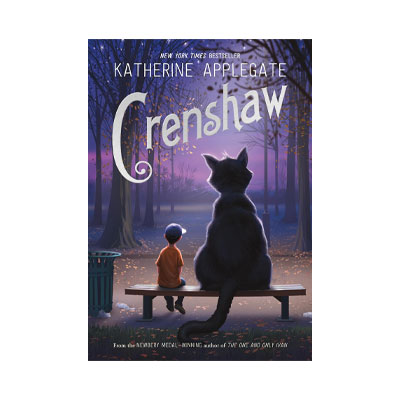Book Summary
"Sans Famille" is a masterpiece by Hector Malot that tells the story of an orphan boy named Rémi. This novel, which has been translated into several living languages and adapted into a French film and a Japanese anime, has always been praised by critics and many readers. In the 19th century, a boy named Rémi, who never had the chance to see his real parents, is raised by his stepfather and stepmother.
However, due to economic difficulties, they are forced to sell him to a traveling musician. Rémi, like before, wanders and reluctantly takes on various jobs along the roads of France and England while searching for his background and the roots to which he belongs. Malot, like many authors concerned with social issues, sees "Nobody's Boy" as an opportunity to highlight the very bitter conditions faced by the poor in the society of that day in France.
As the story unfolds, the main character is compelled to travel to different places, encountering various individuals along the way. Each person Rémi meets seems to introduce him to new worlds and ideas, leading to numerous diverse problems that he grapples with. The reader, picking up the book, travels alongside him through these experiences. Ultimately, Malot has crafted a novel that the Académie Française considers one of the masterpieces of literature in this country, attracting many readers to this day.
About the Author
Hector Malot was a French novelist born on May 20, 1830, in La Bouille, Seine-Maritime. He is regarded as one of the prominent writers of the 19th century. Malot passed away on July 18, 1907, at the age of 77, leaving behind numerous works during his lifetime, including "Nobody's girl," "Romain Kalbris," and "Conscience-Volume 3".
Who Should Read the Book?
"Nobody's Boy" is suitable for all ages and is recommended for those interested in reading classic novels that address social issues. It is a book not to be missed.
Table of Contents
Malu has written his remarkable book in 33 sections.
Book Quotes
"It was not fair to call me a beggar! I wasn’t begging; I was playing music. Within five minutes, I had left this ungrateful village behind. The dogs followed me with their heads down and their tails between their legs. I was sure they realized we had run into bad luck. Capi sometimes went ahead of everyone and stared into my eyes with his intelligent and questioning gaze. Anyone else in his place would have asked me for an explanation. But Capi was too polite to be disrespectful. I could see his snout trembling with anger, but he held himself back and did not protest.
When we had gotten far enough from the village, I signaled for them to stop, and three dogs circled around me. Capi was in the middle, his gaze locked onto mine. I explained, 'Since we didn’t have permission, they kicked us out. 'Capi nodded as if to ask, 'So what?' This meant that we had to sleep outside tonight, and there would be no dinner either.
Upon hearing the word 'dinner,' they all barked in unison. I showed them my small change and said, 'You know this is all we have. If we spend it tonight, there will be nothing left for breakfast tomorrow. Therefore, since we ate today, it’s better to save this money.' Then I put the coins back into my pocket.
I am on a journey, but until I was eight years old, I thought I lived with my mother like other children because whenever I cried, a woman would come to me and embrace me in such a compassionate way that my tears would dry up at that very moment.
When I went to bed, this same woman would come to me and kiss me, and when the winter storm covered our cabin's windows with leaves, she would warm my feet with her hands and sing a song that I still remember a few notes and words of.
When I was busy tending to the cattle, if it started to rain, this woman would cover my head and shoulders with her woolen shawl and take me home. And if I had a quarrel with one of my friends, she would make me explain my sorrow to her and always used words and phrases that were comforting to me.
So, based on her speech, the way she looked at me, her kindness, and her affectionate scolding, I thought this woman was my mother."























